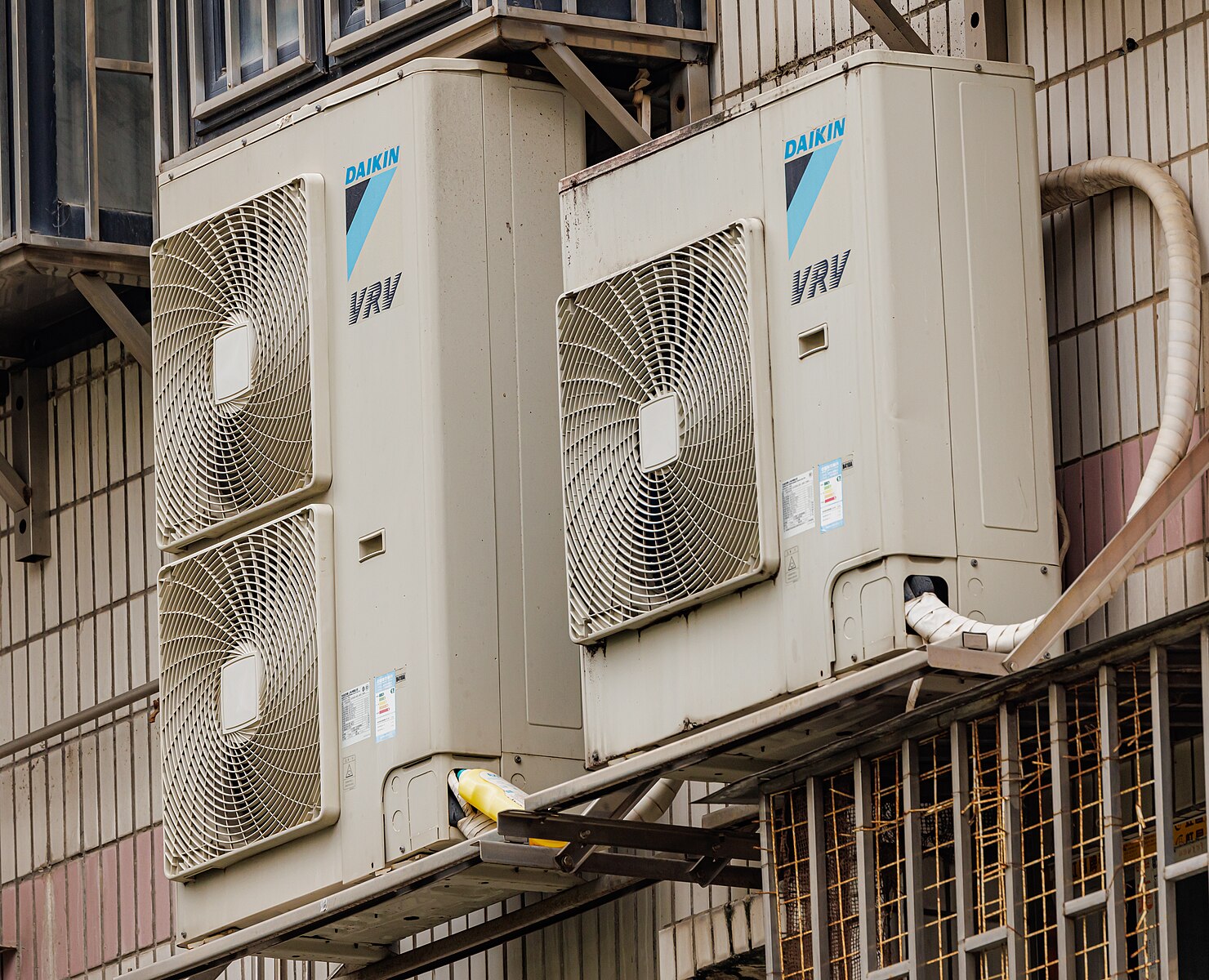When it comes to choosing the right air conditioner for your home or office, the decision between Daikin and LG can be a challenging one. Both brands are known for their high-quality products and innovative technologies, but there are several key factors to consider when determining which one is the better choice. In this comprehensive guide, we’ll dive deep into the technical details and provide you with a hands-on approach to help you make an informed decision.
Compressor Type
One of the most crucial components of an air conditioner is the compressor, as it plays a vital role in the unit’s efficiency and performance. LG specializes in offering dual inverter technology, which utilizes a dual rotary compressor. This compressor design allows the AC to operate efficiently even at very slow speeds, and the unit can be rated up to 100% capacity, providing more precise control over the AC’s performance.
On the other hand, Daikin’s air conditioners are equipped with a swing compressor. This type of compressor has also proven to be reliable and efficient, and it also performs well at very slow speeds. The swing compressor design is known for its smooth and quiet operation, making it a popular choice among homeowners.
To determine which compressor type is better suited for your needs, consider factors such as the size of your living space, the desired cooling capacity, and your personal preferences regarding noise levels and energy efficiency.
Coating and Durability
 Image source: Daikin Air Conditioner Outdoor by Dinkun Chen
Image source: Daikin Air Conditioner Outdoor by Dinkun Chen
The coating applied to the air conditioner’s components is another important factor to consider, as it can impact the unit’s durability and resistance to environmental factors, such as coastal conditions.
LG’s air conditioners are known for their superior coating, which is more durable and better suited for coastal areas. This coating helps protect the unit from corrosion and ensures a longer lifespan, making it a great choice for those living near the ocean or in humid climates.
Daikin, on the other hand, has designed its outdoor units with an aerodynamic-shaped fan that enhances the unit’s efficiency. While Daikin’s coating may not be as robust as LG’s, the company’s focus on improving the overall design and performance of the outdoor unit can be a significant advantage in certain applications.
When evaluating the coating and durability of the air conditioners, consider the climate and environmental conditions in your area, as well as the expected lifespan of the unit.
Airflow Rate and Cooling Capacity
The airflow rate and cooling capacity of an air conditioner are crucial factors that determine its ability to effectively cool a given space.
LG’s air conditioners generally have a higher airflow rate compared to Daikin’s models. This means that LG’s units can circulate more air throughout the room, potentially providing a more even and consistent cooling experience.
However, Daikin’s air conditioners often have a higher cooling capacity, which makes them more suitable for larger spaces. For example, in the case of 5-star 1.5-ton ACs, LG offers a cooling capacity of 4600W, while Daikin offers a higher capacity of 5280W.
When choosing between Daikin and LG, consider the size of the room or area you need to cool, as well as the desired level of cooling performance. If you have a larger space, Daikin’s higher cooling capacity may be the better option, while LG’s higher airflow rate may be more suitable for smaller or medium-sized rooms.
Energy Efficiency
Energy efficiency is a crucial factor to consider when selecting an air conditioner, as it can have a significant impact on your energy bills and environmental footprint.
Daikin’s air conditioners are generally more energy-efficient than LG’s models. Daikin’s units are designed to consume less electricity while still providing effective cooling, making them a more eco-friendly and cost-effective choice in the long run.
To assess the energy efficiency of the air conditioners, look for the Energy Efficiency Ratio (EER) or Seasonal Energy Efficiency Ratio (SEER) ratings. The higher the rating, the more energy-efficient the unit is. Additionally, consider the energy efficiency class (e.g., 5-star, 3-star) of the air conditioners, as this can also provide valuable insights into their energy consumption.
Other Considerations
In addition to the factors mentioned above, there are a few other aspects to consider when comparing Daikin and LG air conditioners:
- Noise Level: Both Daikin and LG offer air conditioners with relatively low noise levels, but Daikin’s swing compressor design is often praised for its quieter operation.
- Smart Features: Both brands offer air conditioners with advanced smart features, such as Wi-Fi connectivity, voice control, and mobile app integration. Compare the specific features and compatibility with your smart home ecosystem.
- Warranty and After-Sales Service: Research the warranty coverage and the quality of after-sales service provided by both Daikin and LG in your local area to ensure a hassle-free ownership experience.
Conclusion
In the end, the choice between Daikin and LG air conditioners will depend on your specific needs, preferences, and the unique characteristics of your living or working space. By carefully considering the technical details and hands-on factors outlined in this guide, you can make an informed decision that will provide you with the optimal cooling solution for your home or office.
Remember, it’s always a good idea to consult with a professional HVAC technician or a reputable retailer to get personalized recommendations and ensure that the air conditioner you choose is the perfect fit for your requirements.
